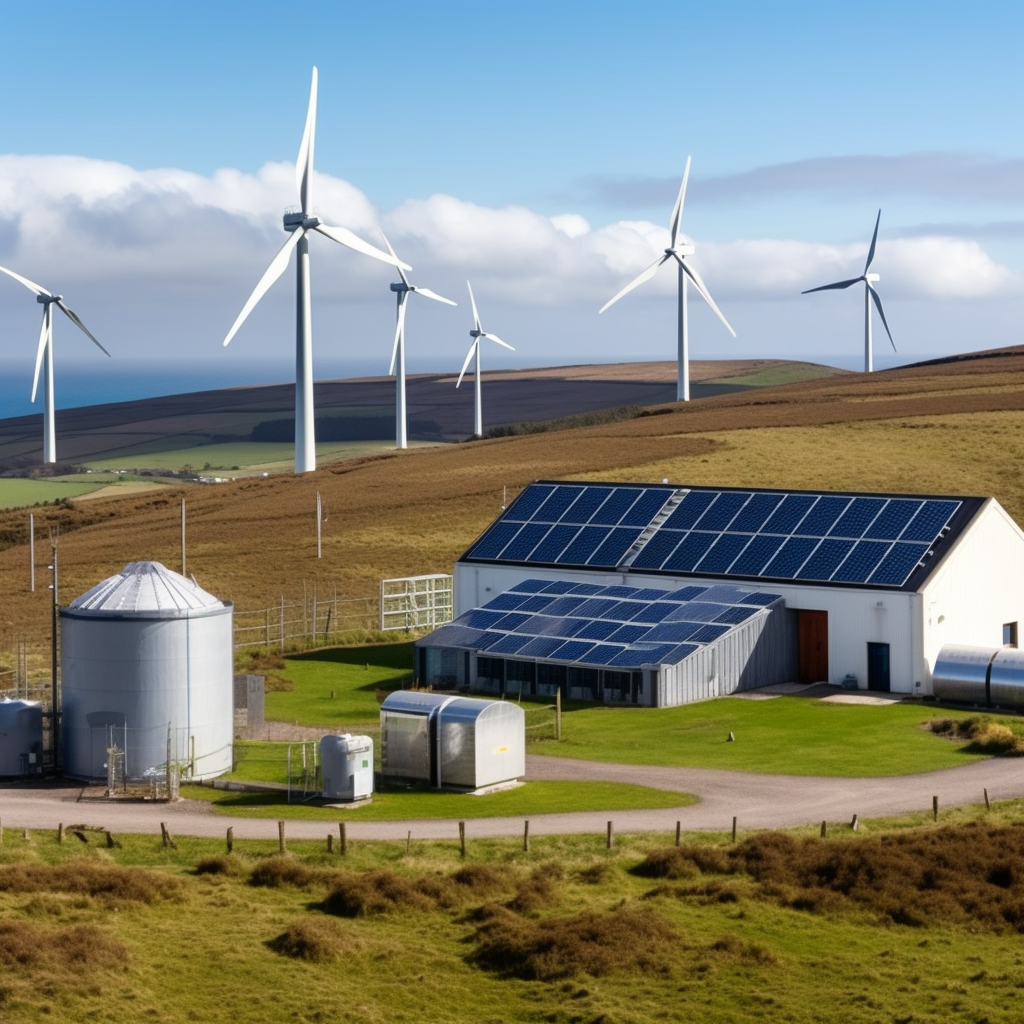April 12, 2023
How the Scotch Whisky Industry is Leading the Way to Carbon Neutrality
Book a Demo
The Scotch whisky industry has been a significant contributor to carbon emissions, with its reliance on peat-burning processes. However, the owners of the 140 distilleries in Scotland have pledged to make their operations “net-zero” in carbon emissions by 2040. This commitment is a significant step towards reducing the industry’s carbon footprint and tackling climate change.
The transition towards using renewable energy sources such as wind, wood chips, ocean tides, and green hydrogen, is a key component of the industry’s plan to achieve carbon neutrality. Not only are these energy sources more sustainable, but they also offer a more cost-effective alternative to traditional fossil fuels.
Moreover, water conservation, waste recycling, and the use of byproducts for fertilizer, animal feed, and biofuel are being implemented to reduce the Scotch whisky industry’s overall environmental impact. These efforts are further supported by the Scotch Whisky Association, which promotes renewable energy and sustainable production across the industry.
One of the most significant aspects of this shift towards renewable energy is the use of peatlands, which are burned during the Scotch distillation process. Peatlands store vast amounts of carbon and act as a natural carbon sink. Utilizing them for energy production could significantly reduce the industry’s carbon emissions and make a positive impact on the environment.
The financial resources and long-term perspective of the Scotch whisky industry make transitioning towards a more environmentally-friendly production process possible. This shift towards renewable energy not only benefits the environment but also makes the whisky producers more profitable. As a result, they can experiment with new flavors and techniques, which could lead to exciting new whisky innovations.
The Scotch whisky industry’s commitment to achieving carbon neutrality is a positive step towards reducing its environmental impact. By transitioning towards renewable energy, implementing sustainable practices and utilizing peatlands for energy production, the industry is taking significant steps to mitigate climate change. These efforts will not only benefit the environment but also make the whisky production process more profitable, leading to new innovations and exciting flavors.



